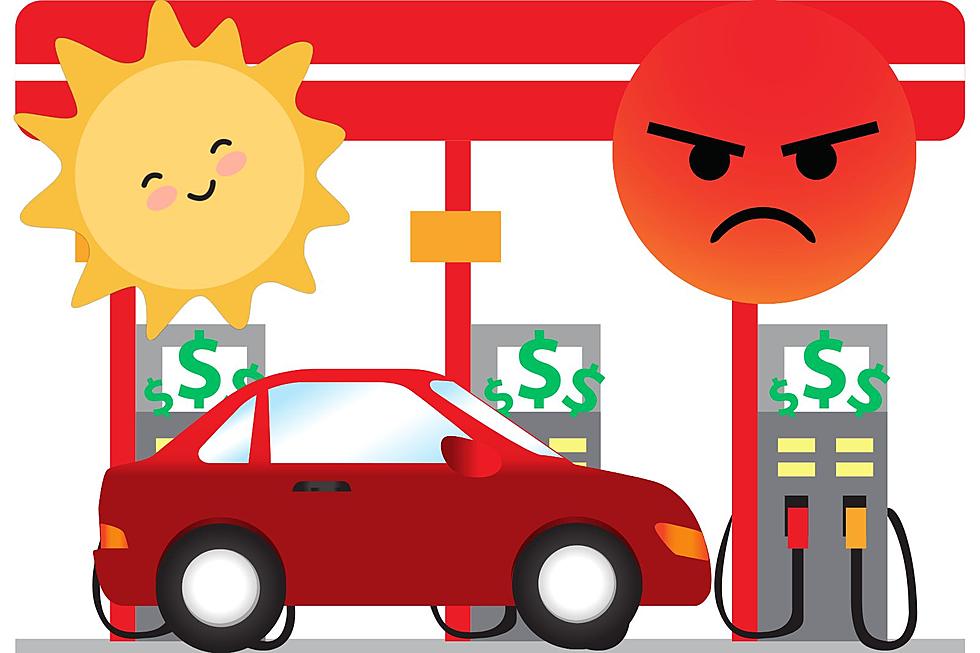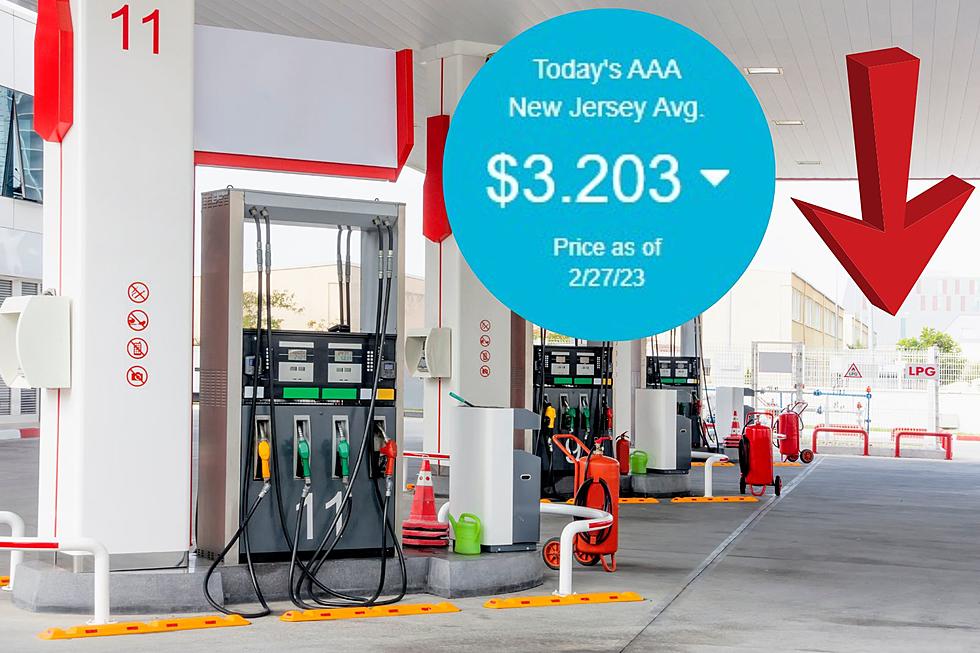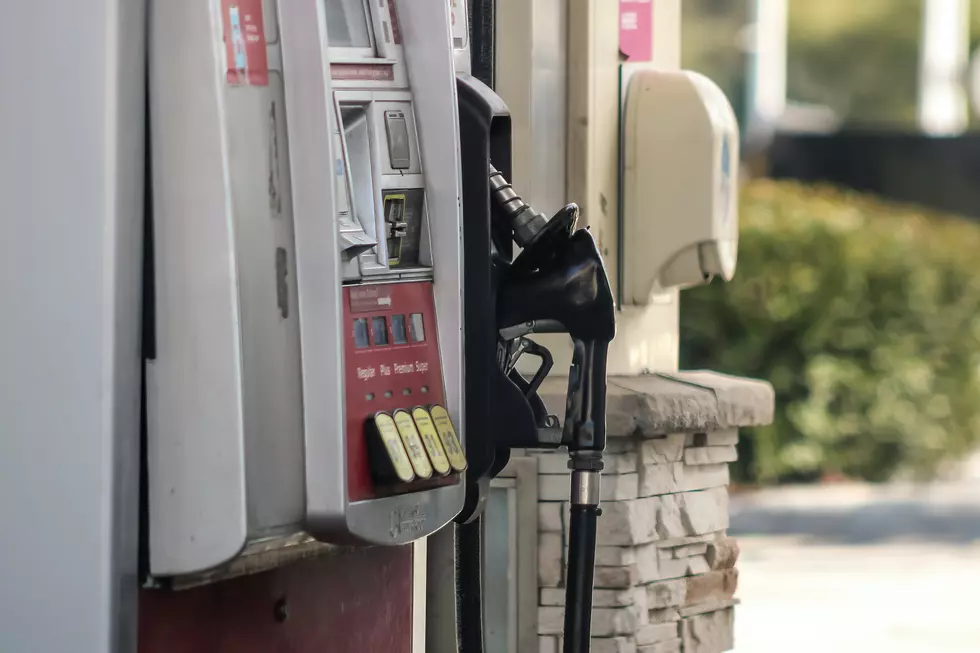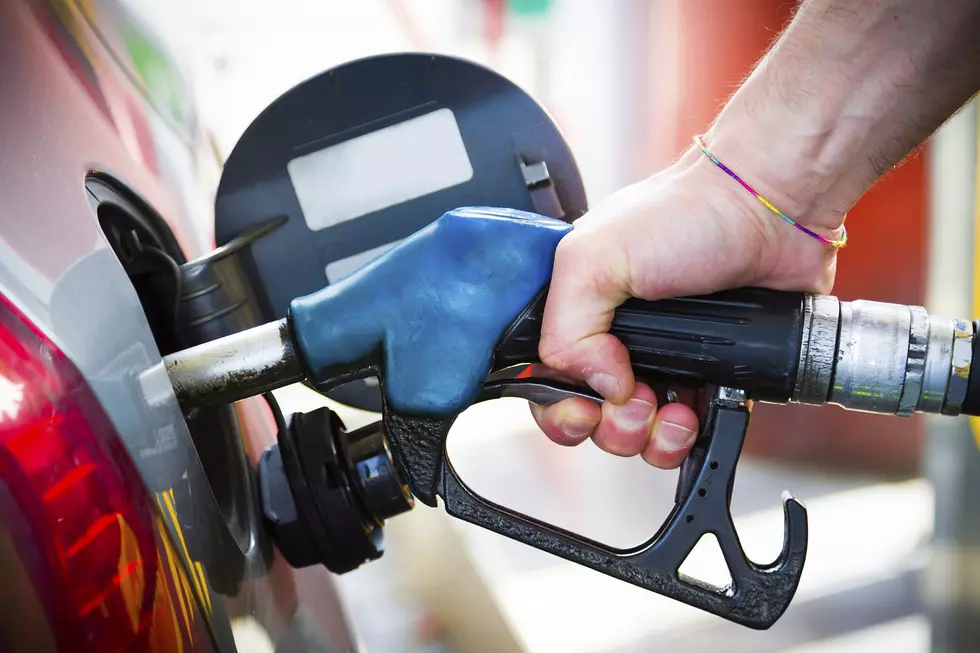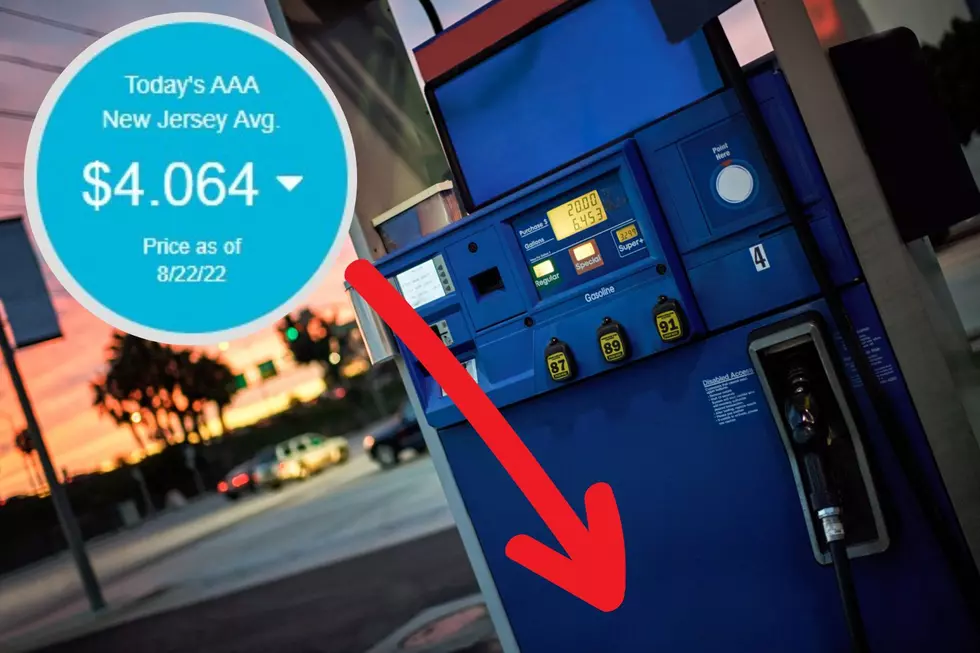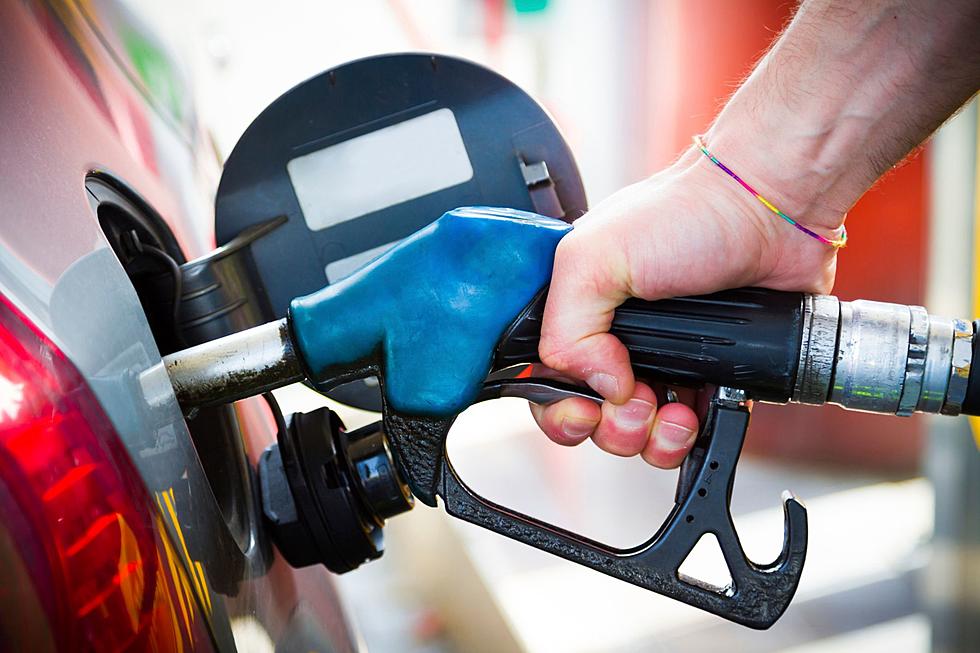
N.J. gas tax to increase more than 9 cents a gallon in October
Gas taxes in New Jersey will increase by 9.3 cents a gallon on Oct. 1, the state Treasury Department announced Friday.
The 2016 state law that raised the gas tax by nearly 23 cents also included a formula that requires yearly reviews to ensure it raises a set amount of money, roughly $2 billion a year.
Typically, less gasoline is purchased each year in New Jersey, which would trigger small annual tax increases. That drop has been more significant this year because of the economic downtown associated with the novel coronavirus pandemic, with gasoline consumption declining nearly 39% from March to May.
“As we’ve noted before, any changes in the gas tax rate are dictated by several factors that are beyond the control of the administration,” said State Treasurer Elizabeth Maher Muoio.
The state said consumption of gasoline and diesel fuel continues to be depressed as many people continue to work from home and limit extracurricular activity. It projects the gas tax will finish $154 million short of its target for fiscal 2020.
State gas taxes in New Jersey will rise to 50.7 cents per gallon from 41.4 cents. The diesel fuel tax is another 7 cents higher than that.

New Jersey's gas tax had long been 14.5 cents a gallon but was raised in 2016 to replenish the Transportation Trust Fund, which otherwise needed to use all its funds to repay past debts. It went up 22.6 cents a gallon in 2016 and now another 13.6 cents a gallon since then, including a 4.3 cent increase in 2018.
Depending on what happens with gas taxes in other states in the coming months, New Jersey would have the nation’s fourth-highest gas tax behind California, Pennsylvania and Illinois.
Michael Symons is State House bureau chief for New Jersey 101.5. Contact him at michael.symons@townsquaremedia.com.
See the Must-Drive Roads in Every State
More From Rock 104.1
